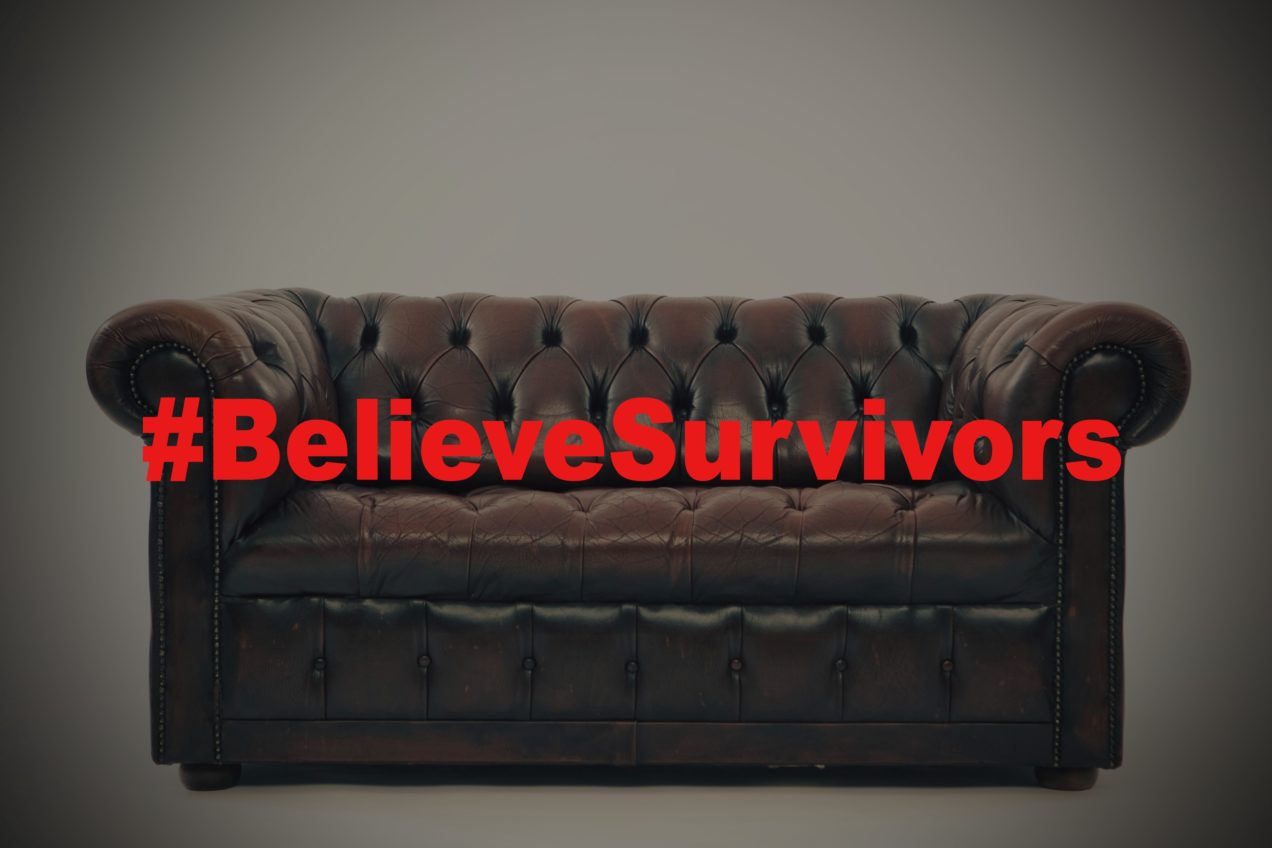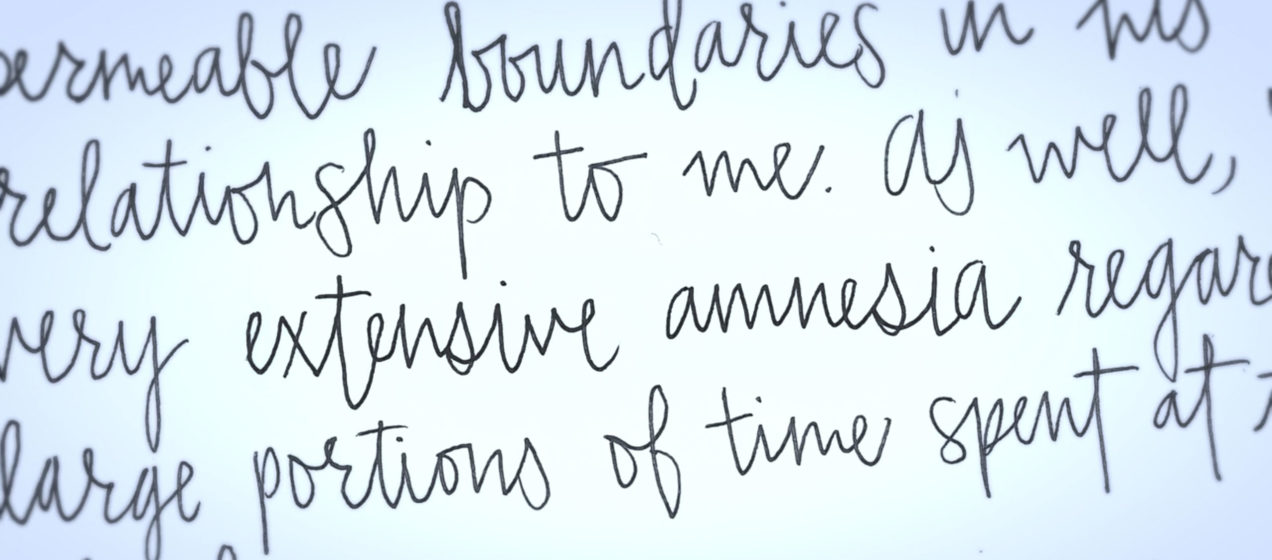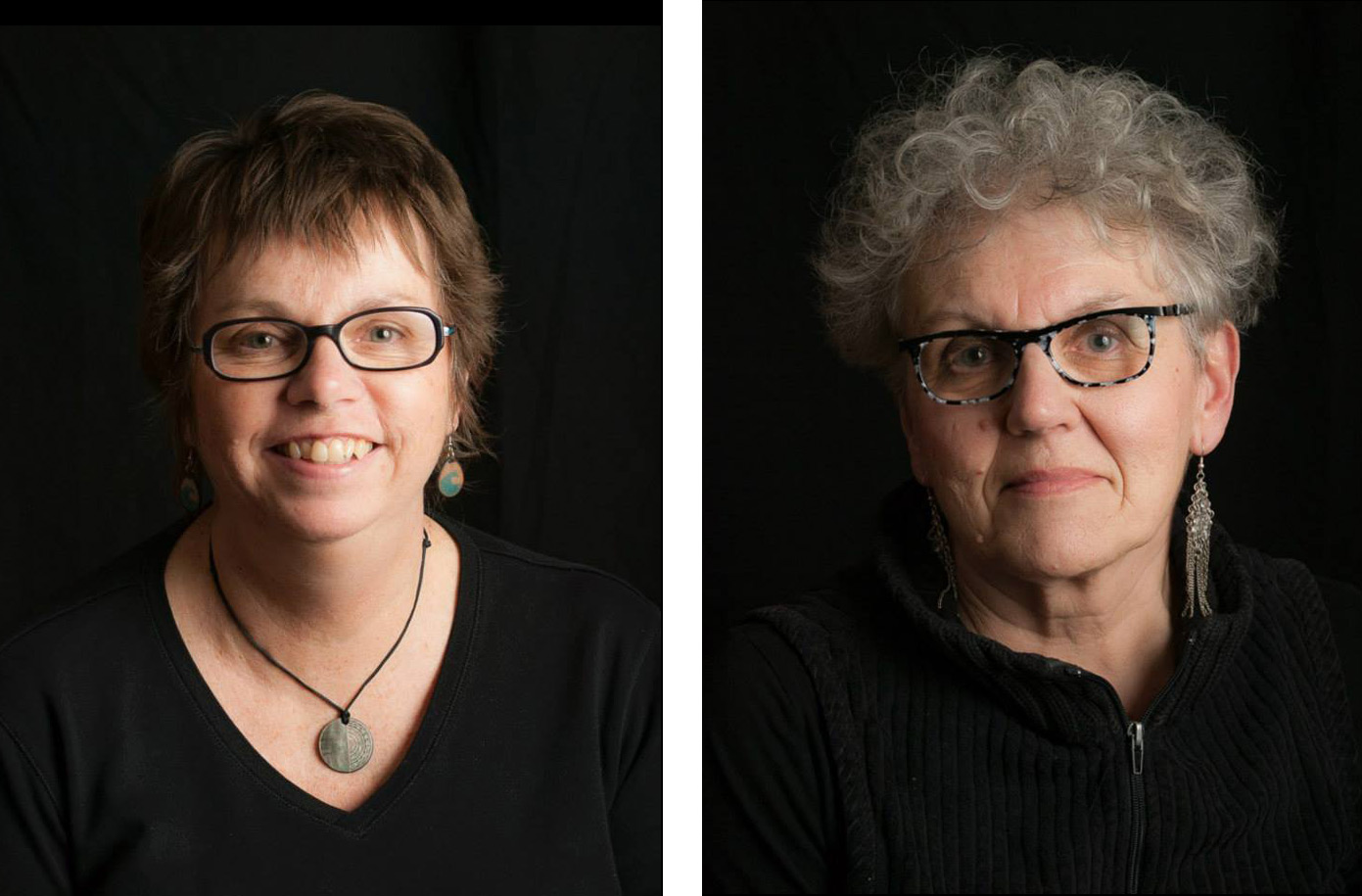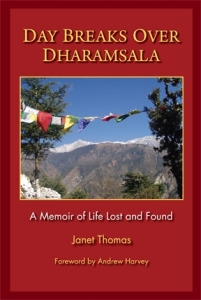How Powerful Sex Offenders Manipulated the Field of Psychology
Last week in the Harvey Weinstein rape trial, the defense called to the stand expert witness Elizabeth Loftus, a researcher on the phenomenon of so-called “false memory.” This legal tactic, explicitly designed to discredit the testimony of sexual abuse survivors, has a sordid and astonishing history dating back to the 1980s and 90s, an era known to the psychology field as the “memory wars.”
The “memory wars” were essentially a war on sexual abuse survivors who dared to speak out in an era before #METOO. More specifically, the “memory wars” targeted a particular group of sexual abuse victims: Incest survivors.
Continue reading



